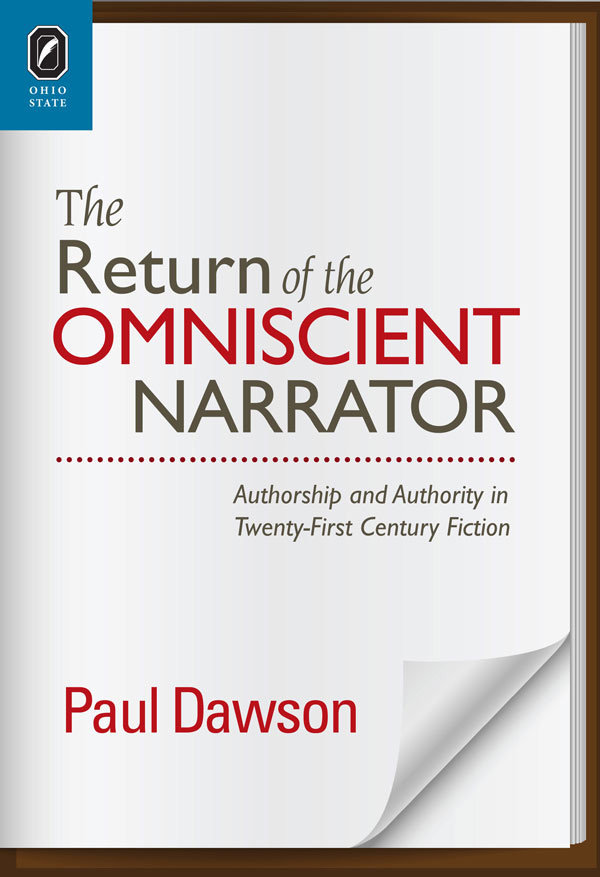The Return of the Omniscient NarratorAuthorship and Authority in Twenty-First Century FictionPaul DawsonTheory and Interpretation of Narrative |
 12/12/2013 Literary Criticism/ 278 pp. 6x9  $39.95 paper 978-0-8142-5259-8 Add paper to shopping cart $34.95 PDF ebook 978-0-8142-8401-8 Add PDF ebook to shopping cart Shopping Cart Instructions Review/Change Shopping Cart & Check-out | |||
|
“Although many writers, as well as critics and narratologists, are well aware of the contested nature and limitations of both omniscience as a phenomenon and omniscient modes of storytelling, Paul Dawson demonstrates not only that these modes, which were virtually abandoned by modernist fiction, returned in many novels in the twenty-first century, but also that they have served to reclaim the narrative and cultural authority of the authors in question and of the novel and literature at large.” —Ansgar Nunning, University of Giessen, Germany The Return of the Omniscient Narrator: Authorship and Authority in Twenty-First Century Fiction by Paul Dawson argues that the omniscient narrator, long considered a relic of the eighteenth- and nineteenth-century novel, has reemerged as an important feature of contemporary British and American literary fiction. It further argues that the development of contemporary omniscience can be situated in relation to ongoing anxieties about the novel’s decline of cultural authority in the age of digital media. In this context the book identifies and classifies new modes of omniscient narration that are neither nostalgic revivals nor parodic critiques of classic omniscience, but the result of experimentations with narrative voice in the wake of postmodern fiction. To address this phenomenon, the book reformulates existing definitions of literary omniscience, shifting attention away from questions of narratorial knowledge and toward omniscient narration as a rhetorical performance of narrative authority that invokes and projects a historically specific figure of authorship. Through a study of fiction by authors such as Zadie Smith, Jonathan Franzen, Richard Powers, Martin Amis, Rick Moody, Edward P. Jones, and Nicola Barker, the book analyzes how the conventional narrative authority of omniscient narrators is parlayed into claims for the cultural authority of authors and of the novel itself. In the course of its investigation, The Return of the Omniscient Narrator engages with major movements in narrative theory—rhetorical, cognitive, and feminist—to challenge and reconsider many key narratological categories, including Free Indirect Discourse, the relation between voice and focalization, and the narrative communication model. This challenge is framed by an argument for a discursive approach to narrative fiction that addresses the neglect of authorship in narrative theory.
| ||||


 Paul Dawson
Paul Dawson